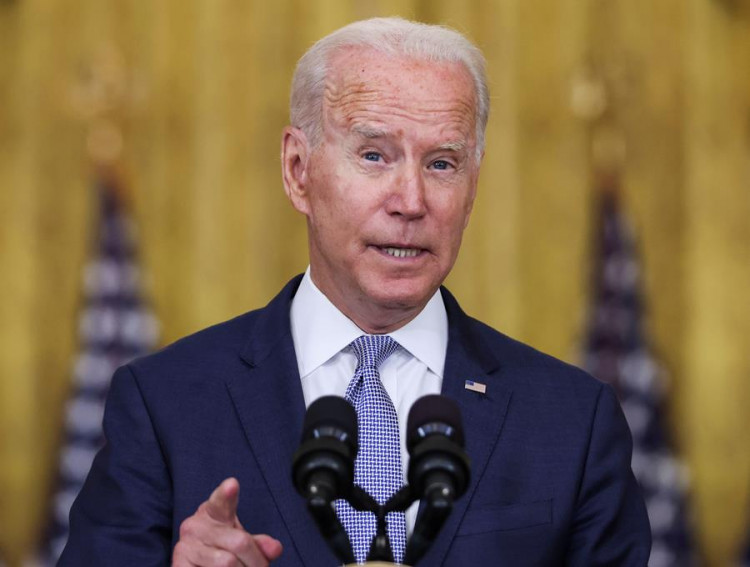In a significant legal setback for the Biden administration, U.S. District Judge J. Campbell Barker struck down a policy aimed at providing a streamlined path to legal residency for undocumented spouses and stepchildren of U.S. citizens. The ruling, issued on Thursday, dismantled a short-lived initiative that would have allowed thousands of families to avoid separation by seeking green cards without leaving the United States.
The "Keeping Families Together" initiative, announced in June, was celebrated as a landmark effort to shield immigrant families from deportation and bring stability to their lives. However, Barker, a Trump-appointed judge based in Texas, determined that the program overstepped presidential authority and failed to adhere to congressional mandates. "The Rule exceeds statutory authority and is not in accordance with law," Barker wrote, arguing that the administration's interpretation of existing immigration statutes "stretched the legal framework past its breaking point."
Implemented briefly before Barker's preliminary hold in August, the initiative aimed to benefit an estimated 500,000 undocumented spouses and 50,000 stepchildren, according to the Department of Homeland Security (DHS). The policy allowed eligible applicants who had been in the U.S. for over a decade and posed no security risk to seek temporary deportation relief. The application process required a $580 fee, documentation of their circumstances, and proof of marriage to a U.S. citizen by mid-June 2024. Successful applicants could obtain a three-year window to pursue permanent residency and work authorization.
Texas, alongside 15 other Republican-led states, mounted a fierce legal challenge, arguing that the initiative circumvented congressional authority and imposed financial burdens on their jurisdictions. Their lawsuit characterized the program as a politically motivated maneuver by the Biden administration to aid immigrant families. "This was a blatant attempt to bypass Congress for political purposes," Republican attorneys argued, contending that the policy would create incentives for further migration.
The ruling reignites broader debates on immigration reform, a divisive issue that has grown more contentious in light of former President Donald Trump's recent electoral victory. Trump's campaign was marked by pledges to resume a tough stance on immigration, including a promise to implement "the largest deportation program in American history." During his first term, Trump appointed Barker to the federal bench, a fact that has further fueled speculation over the implications of judicial appointments on immigration law.
DHS officials defended the policy, asserting that without such measures, "hundreds of thousands of noncitizen spouses of U.S. citizens are likely to instead remain in the United States without lawful status, causing these families to live in fear and with uncertainty about their futures." The existing process, which often requires spouses to leave the country for consular processing, results in prolonged family separations that DHS officials argued disrupt economic stability and emotional wellbeing.
Marking a significant departure from previous policies, the initiative leaned on the existing "parole in place" program, which grants deportation protections to individuals already within the country. Barker, however, rejected this basis, noting that it misinterpreted the statutory language related to "parole into the United States" and exceeded executive authority.
The immediate impact of the ruling on affected families remains uncertain. Although the program operated for a limited period, it is unclear whether any applicants received approval before the injunction. Advocates for immigrant rights decried the decision, warning it could lead to renewed deportation fears among mixed-status families.
President-elect Trump's critical stance on Biden's immigration measures foreshadows potential challenges ahead for any future policy efforts. His rhetoric during the campaign focused heavily on border security and linking undocumented migration to crime. Trump's renewed influence has emboldened conservative critics of Biden's immigration agenda, suggesting that any forthcoming policy changes will face fierce opposition.






